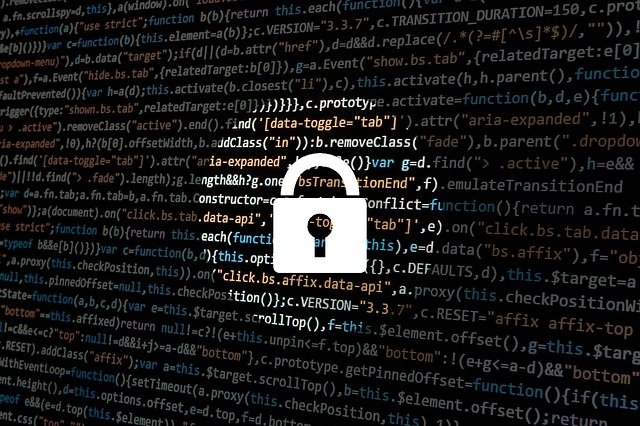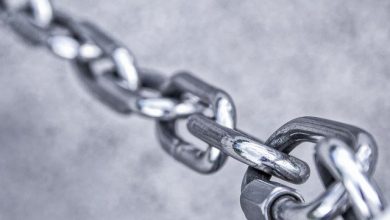Four Tips for Safer Online Banking

Spear Strategy and Research’s personalization review in 2016 revealed that digital scammers are reliably earning $ 35,600 in the United States. In the UK, 1 in 10 people have succumbed to coercion or solicitation online. While this can put pressure on you to expand your banking business and contribute quickly, luckily most blackmail is the result of human error. No matter how long you wait and use your best judgment, there is a lot you can do to ensure the security of your website.
Here are four tips to protect your money:
1. Protect your secret key
Use a strong secret phrase with a mix of letters, numbers and outstanding characters; It is easy to remember. It’s easy to say the secret phrase 123, qwerty (among the most popular passwords), your name, phone number, address, and the names of your little ones and pets, so avoid them and stay safe online. Change the mystery key often, do not save it on paper and do not pass the mystery key to anyone. Use a secure ambiguous key manager if your ambiguous key is usually not remembered.
If you get a call claiming to be from your bank asking you to provide or confirm your accurate registration details, make sure it’s fake. In fact, you may be deceived into asking for such information. Never click on a predefined link to access the history, just enter the actual URL in the program. Assuming you enable full writable network structures, be sure to disable it for your financial website.
2. Use a secure / mixed association
Try not to run out of free or cracked public Wi-Fi connections, don’t log into your bank’s website on open or shared computers, and log out and close the window forever when you’re done. Assuming you really want to use a public connection, quickly turn on your mysterious switch from your device (computer, computer or cell phone). As soon as possible, use a VPN for performers to access your experience set.
Another wise step is to use alternative dedicated software to access your online accounts. If you are using Chrome or Explorer for a scheme, use Firefox for your cash transactions.
3. Take advantage of your bank’s security options
Most banks offer two-factor authentication as one-time passwords (OTPs) for more secure online banking. use it Follow the commercial / email alerts provided by your bank and highlighted to stay informed. People are constantly sending these letters to an alternate envelope or randomly reporting them. Make sure you don’t. Check your problems regularly and if anything seems offensive, contact your bank.
4. Protect your tools
To further develop your web security, be sure to protect each of your tools from contamination, designers and malware. Give your enemy convincing guidance on your antivirus software. Set up a firewall. Stay up to date with the latest software and implement the highest levels of security in your software.



